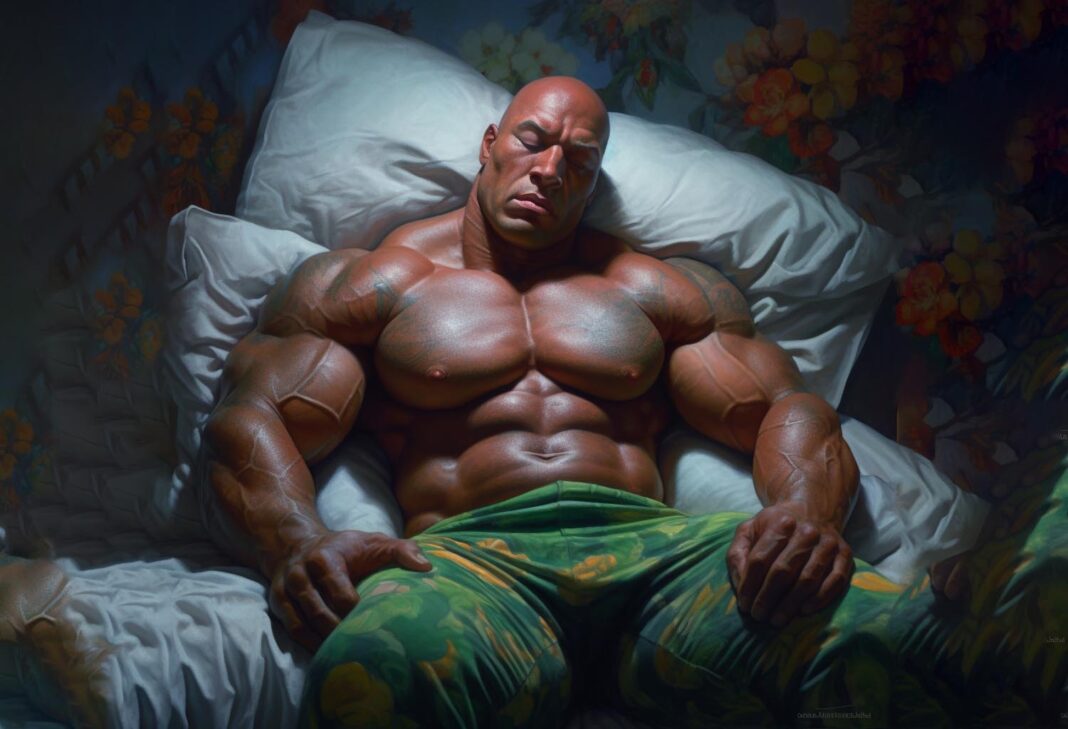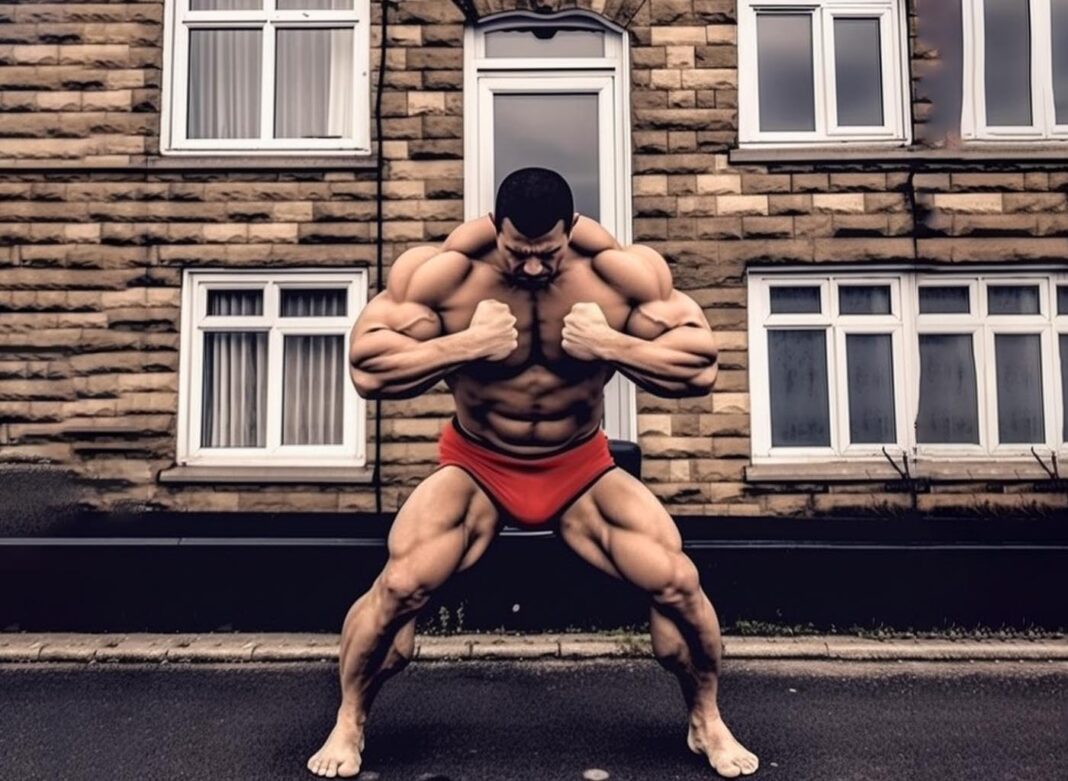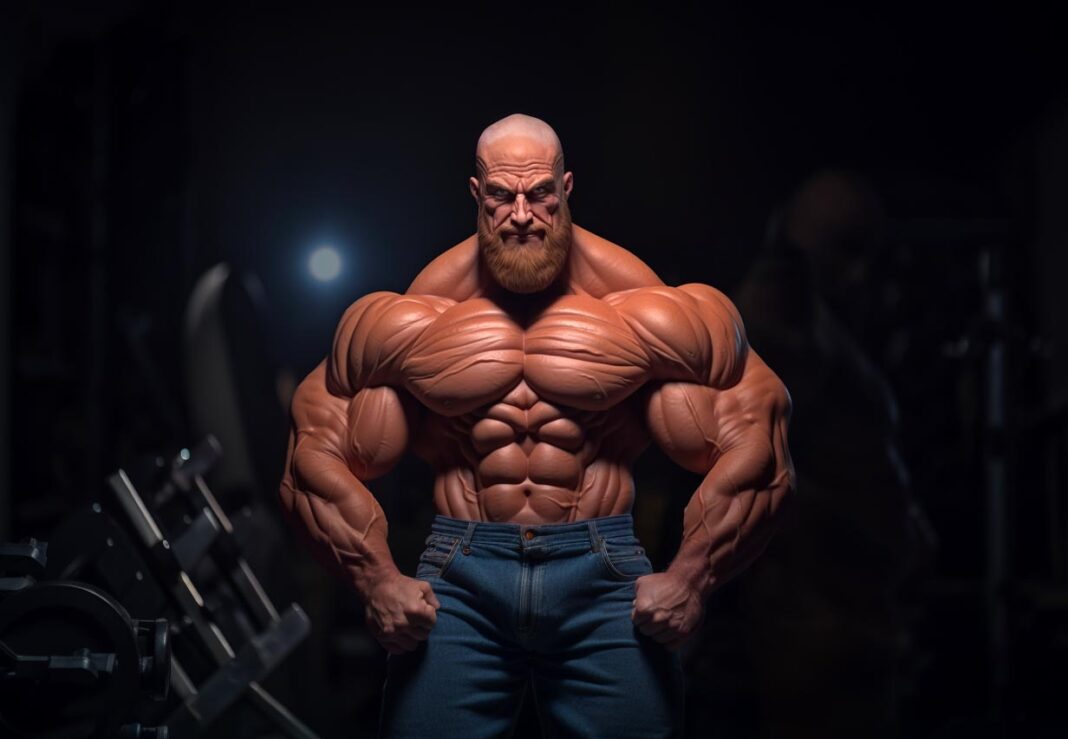Imagine having a free gym membership, complete with a personal trainer, recovery spa, and a nutritionist, but never stepping foot inside. Seems pretty crazy, doesn’t it? Well, that’s precisely what you’re doing when you neglect sleep. In the bustling world of fitness, where kale smoothies and HIIT workouts reign supreme, sleep is the underrated champion waiting for its moment in the spotlight.
Sleep vs. The Protein Shake: Why Rest Isn’t Second Best
We’ve all been there. We all know the drill. A tough workout ends, and we grab that protein shake like it’s some kind of secret potion. We hope, maybe even believe, it’ll morph us from everyday Joes into something out of a Greek myth. But what if I told you there’s something even more potent? Enter sleep. This natural process is where the real magic happens. It’s the time when your body goes into overdrive, repairing those torn muscles and prepping you for your next gym conquest. While your protein shake doesn’t come with dream sequences, sleep does – and it’s doing more for your muscles than you think. So, the next time you’re weighing the benefits of another episode on Netflix vs. hitting the sack, remember: your muscles are rooting for the bed.
The Deep Dive: What Happens When You Snooze
Muscle Repair: Picture this: As you drift into deep sleep, your pituitary gland, like a diligent night shift worker, releases growth hormones. These hormones are the unsung heroes behind muscle recovery. They’re the reason you wake up feeling ready to conquer, rather than crawl.
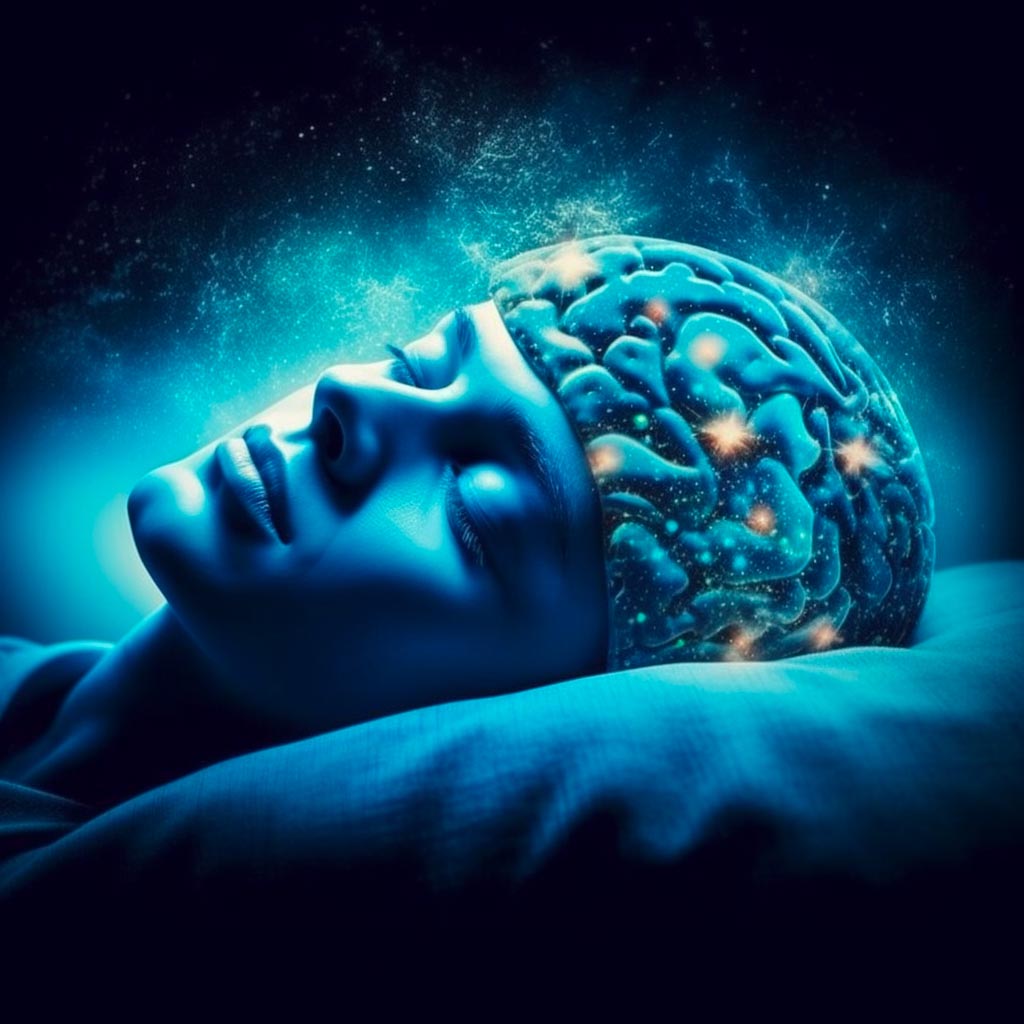
Energy Restoration: Remember glycogen? That energy reserve your muscles tap into when you’re lifting, running, or just showing off? Sleep is when your body restocks this essential fuel, ensuring you don’t run on fumes during your next workout. [link]
Brain Function: It’s not all about brawn; it’s about the brain too. A solid night’s sleep sharpens your focus, coordination, and motivation. So, while you’re dreaming of lifting weights, your body’s actually…lifting weights. Inception, anyone?
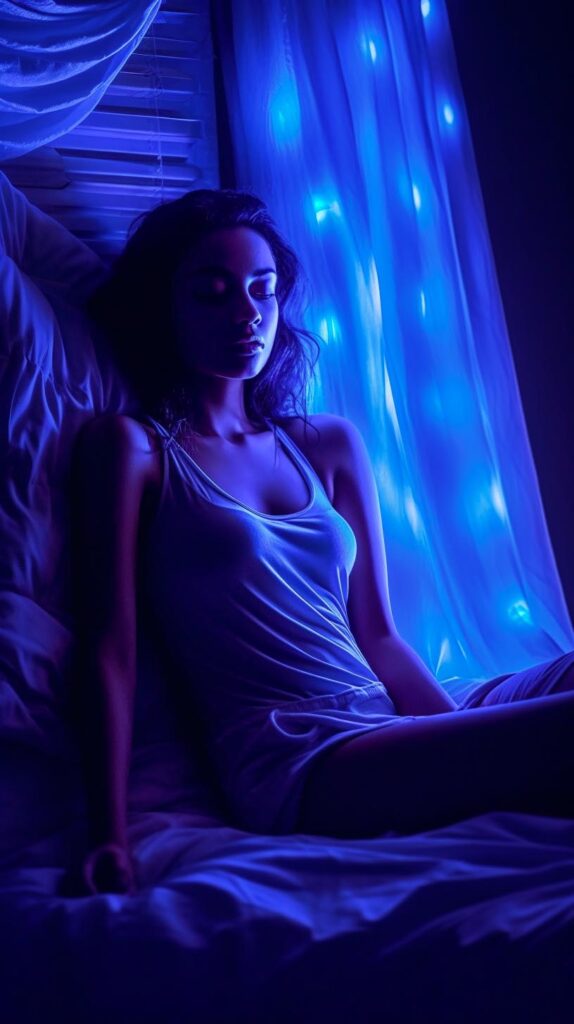
The Dark Side: When You Skimp on Sleep
Performance Drop: Ever felt like you’re dragging through molasses during a workout? Chances are, it’s not the molasses-laden breakfast you had (though, maybe cut back on that), but the lackluster sleep from the night before. Lack of sleep can tank your aerobic endurance and make workouts feel way harder than they should. [link]
Injury Risk: With poor sleep, not only are you more likely to trip over your own feet (no judgment, we’ve all been there), but your risk of serious injuries skyrockets. It’s like your body’s way of saying, “I told you so.” [link]
Mood and Motivation: Recall that burning zeal, the one that sparked your march to the fitness center? Do you recall that potent sensation, the one that endowed you with an almost superhuman strength? Skimp on sleep, and that roaring fire can quickly turn into a flickering candle. And let’s face it, the couch’s siren call becomes irresistible. Ever tried running on a treadmill after pulling an all-nighter? It feels like you’re sprinting through a pit of molasses. Uphill. With a backpack full of bricks.
Hitting the Hay: Tips to Optimize Sleep for Fitness
Routine Matters: Just as you wouldn’t (or shouldn’t) sporadically hit the gym whenever the mood strikes, your sleep needs a schedule. Going to bed and waking up at the same time—even on weekends—helps regulate your body’s internal clock. Think of it as setting regular gym hours for your brain.
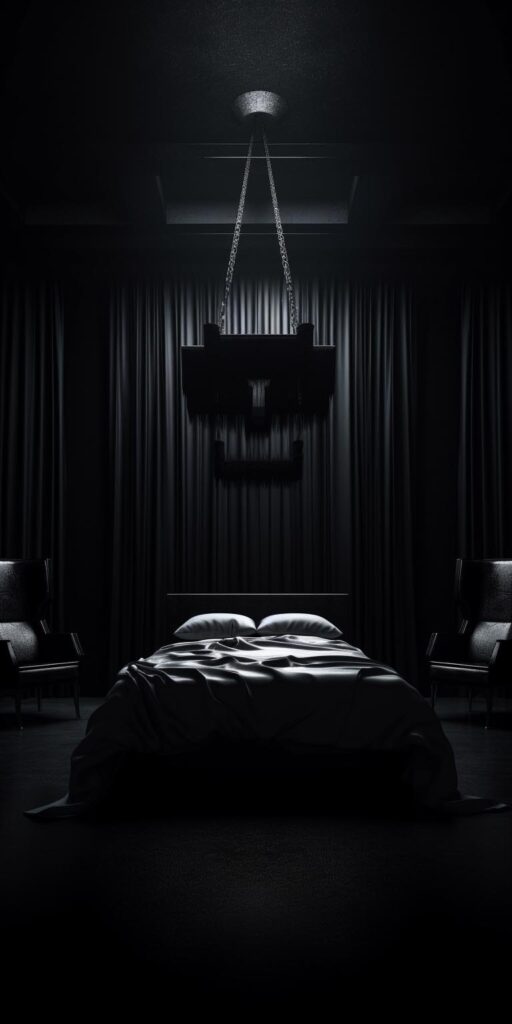
Bedroom Environment: Your bedroom should be the sleep sanctuary of your dreams—literally. Keep it dark (blackout curtains are a game-changer), cool (around 65°F or 18°C is often recommended), and quiet. It’s a bedroom, not a multimedia entertainment center. Tech Talk: Those late-night scrolls on your phone? It’s akin to feeding your mind with fast food. The blue light emitted from screens can mess with the production of melatonin, your sleep hormone. [link] Use ‘night mode’ or apps that filter out blue light in the evening. And maybe, just maybe, consider an old-school alarm clock instead of your phone.
Dietary Decisions: That late-night spicy taco might seem like a good idea, but your sleep might pay the price. Avoid heavy or spicy meals, caffeine, and alcohol before bed. Instead, consider sleep-promoting foods like almonds, turkey, or chamomile tea. Maybe swap that pre-bedtime espresso for some chamomile tea. Just a thought.
Advanced Sleep Tactics for the Fitness Fanatics
Sleep Trackers: If you’re the type who gets a kick out of numbers just as much as crushing your workout, sleep trackers could be your ticket to understanding how well you snooze, and spotting any interruptions. From high-tech wristbands to sensors tucked under your mattress, the options for sleep trackers are as diverse as they come. Who wouldn’t want to quantify their snoring patterns?
Nap Mastery: Power naps can be the espresso shot for your brain. A short 20-minute nap post-workout can boost alertness without messing with nighttime sleep. Just avoid napping too close to bedtime.
Sleep Supplements: Melatonin, valerian root, and magnesium are often touted as sleep aids. [link] Though they might work, you gotta make sure to chat with a health expert before diving headfirst into using them. Just bear in mind, that piling on isn’t always the key to success.
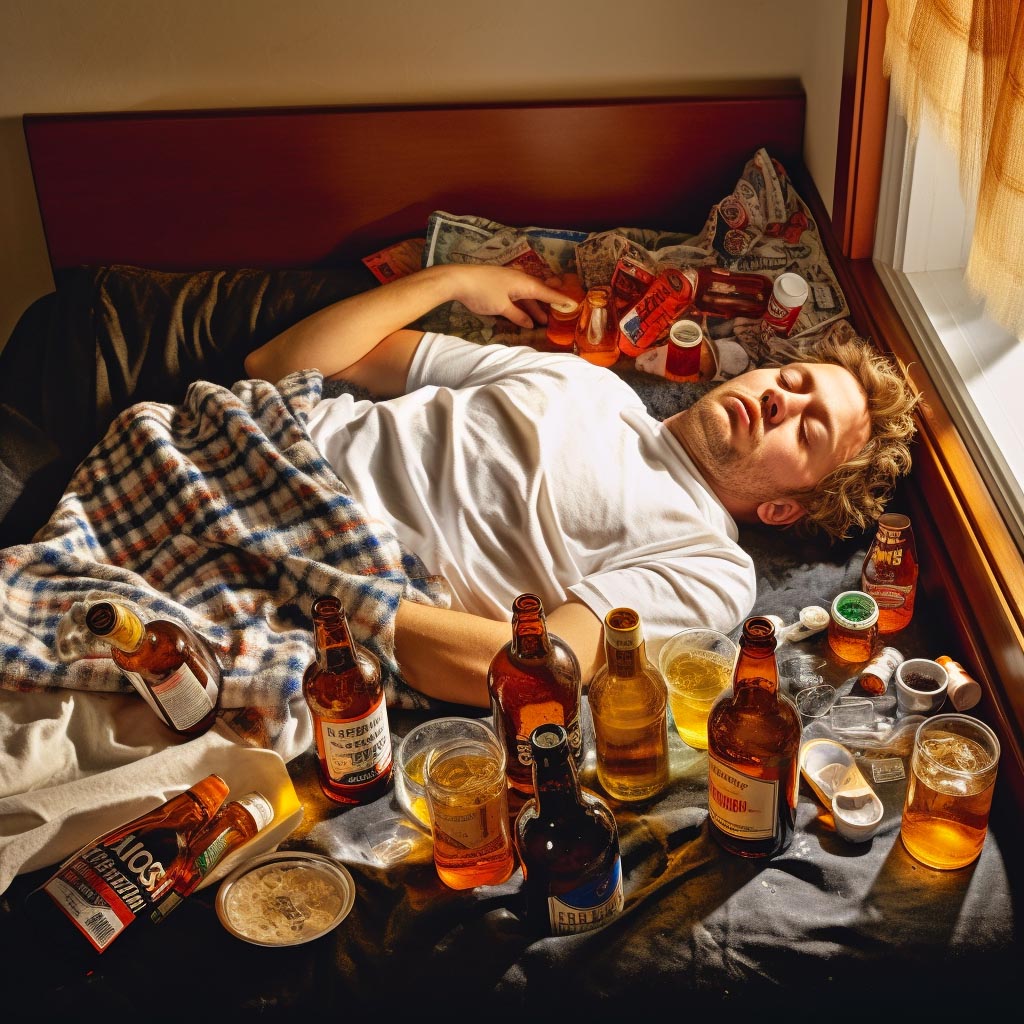
Common Sleep Myths Busted
“I Can Catch Up on Weekends”: Binge-sleeping on weekends is the equivalent of crash dieting. It’s not sustainable and can throw off your body’s rhythm.
“I’m Fine on 5 Hours”: While some rare individuals can function on minimal sleep, most of us need 7-9 hours. Thinking you’re the exception is like assuming you’re the one guy who looks good in neon spandex at the gym.
“Alcohol Helps Me Sleep”: Sure, a nightcap might make you drowsy, but alcohol can disrupt the sleep cycle, leading to a less restful night. And no, watching TV with your eyes closed doesn’t count as ‘resting your eyes’.
Sleep isn’t just the downtime between your daily grind and gym sessions. It’s the foundation, the bedrock (pun intended) of your overall health and fitness regime. Prioritizing sleep is not laziness; it’s an act of self-care. So, the next time someone brags about their 2-hour gym session, just ask them how they slept last night. Mic drop.
The Biohacker’s Guide to Sleep Cycles and Their Importance(Opens in a new browser tab)
| RELEVANT STATISTICS |
| Sleep and Recovery: According to the National Sleep Foundation, while sleep is essential for everyone, athletes may need more than the typical 7-9 hours recommended for adults. This is because intense training and physical activity can increase sleep needs for complete recovery. |
| Sleep and Performance: A study from Stanford University found that college basketball players improved their on-court performance by increasing their amount of total sleep time. Players improved in aspects like free throw percentage, three-point shooting percentage, and even sprint times. [link] |
| Sleep and Injury Risk: A study published in the Journal of Pediatric Orthopedics found that adolescent athletes who slept fewer than 8 hours per night were 1.7 times more likely to have had an injury compared to those who slept for 8 hours or more. [link] |
| Alcohol and Sleep Quality: While many believe alcohol can help them fall asleep faster, a scientific study found that while alcohol might help people fall asleep more quickly and deeply at first, it seriously messes with sleep quality after the initial restful period. [link] |
| Sleep and Metabolism: A scientific study found that the lack of sleep can negatively affect decision-making, impulse control, and may even lead to weight gain. [link] |

